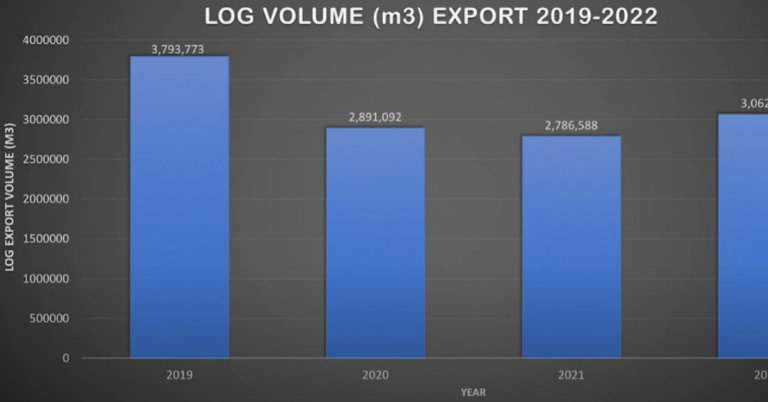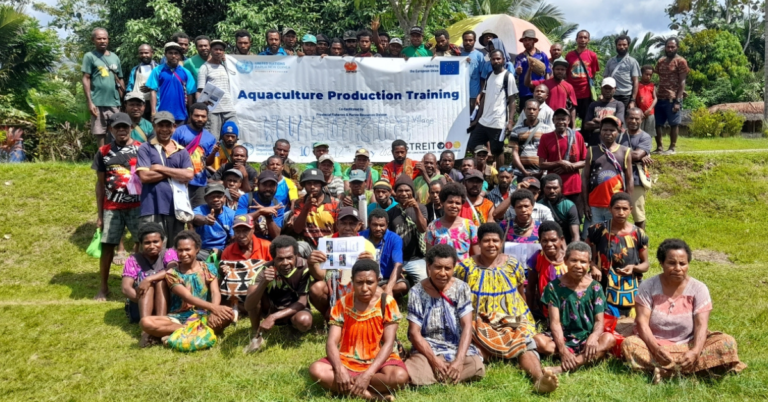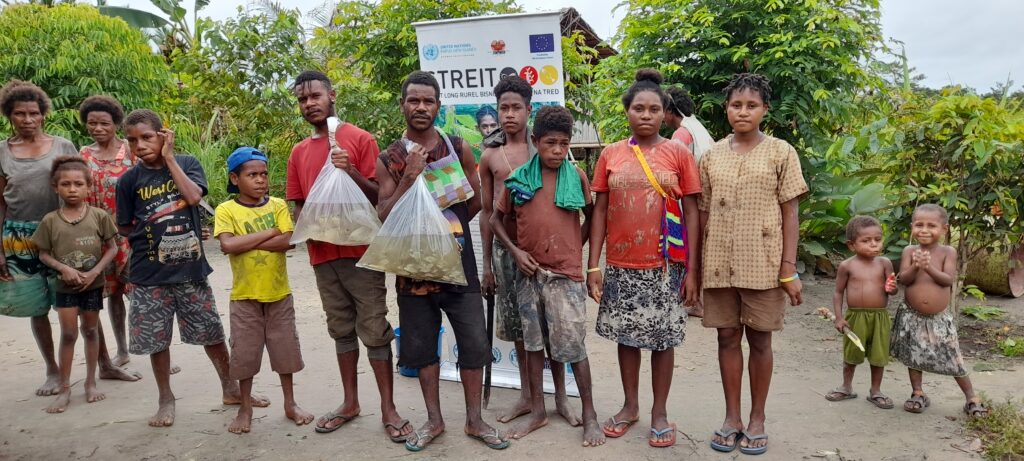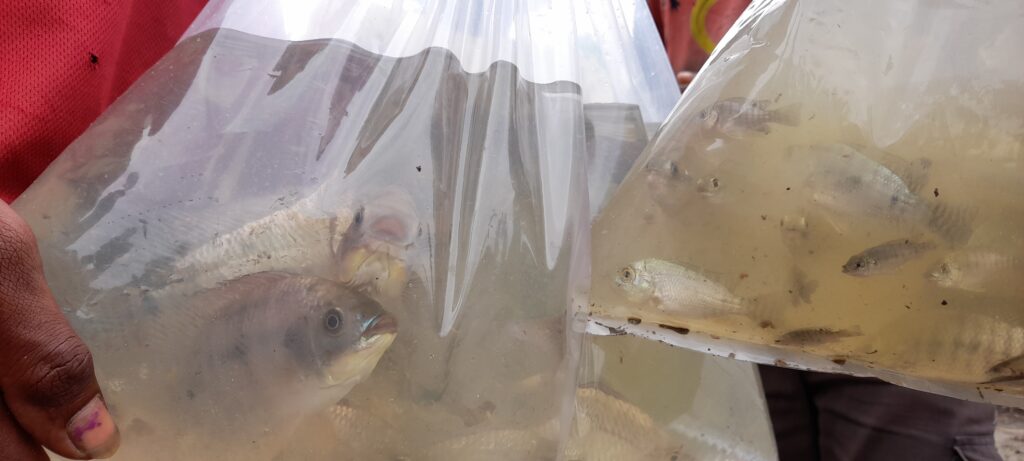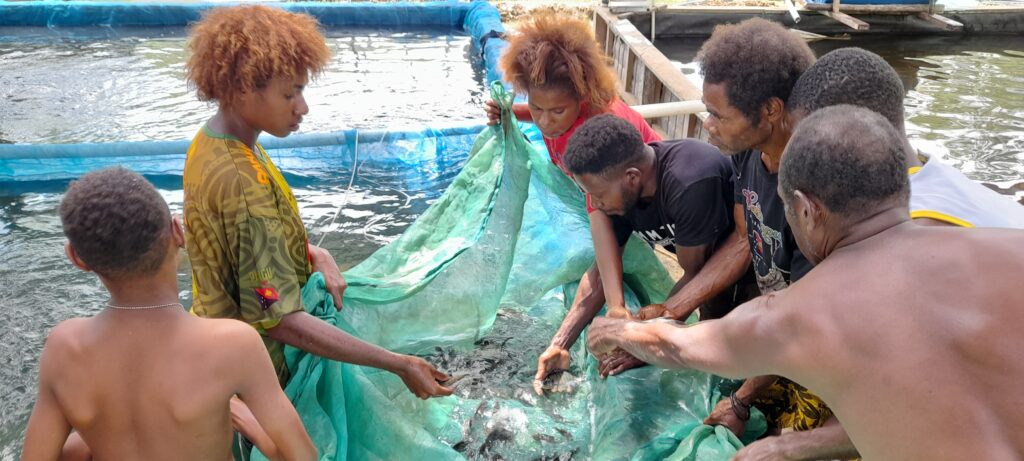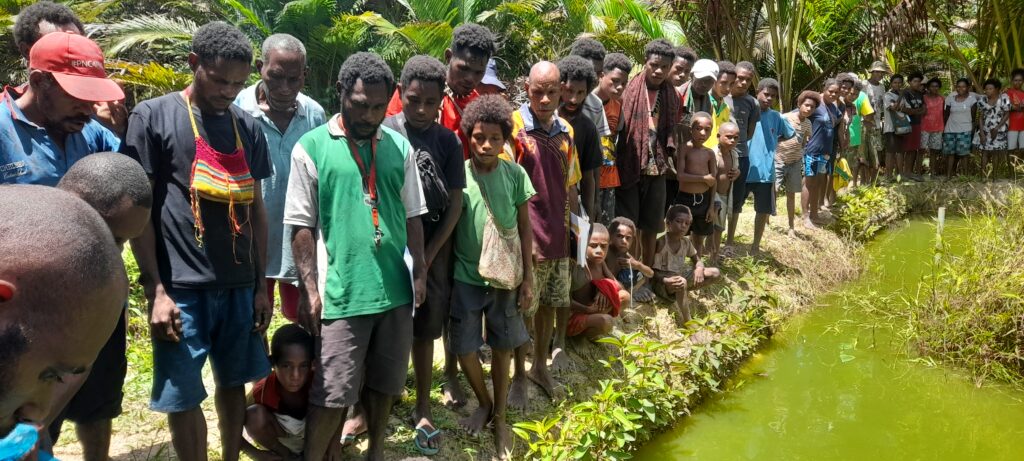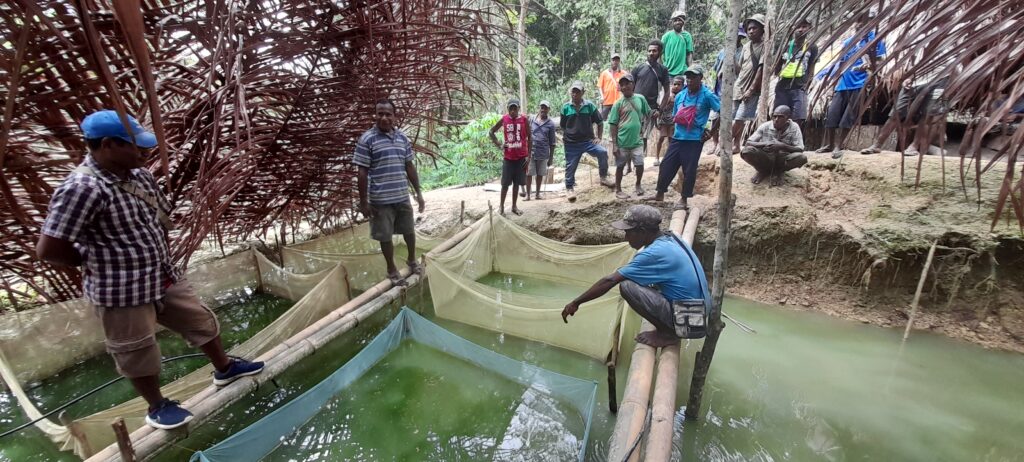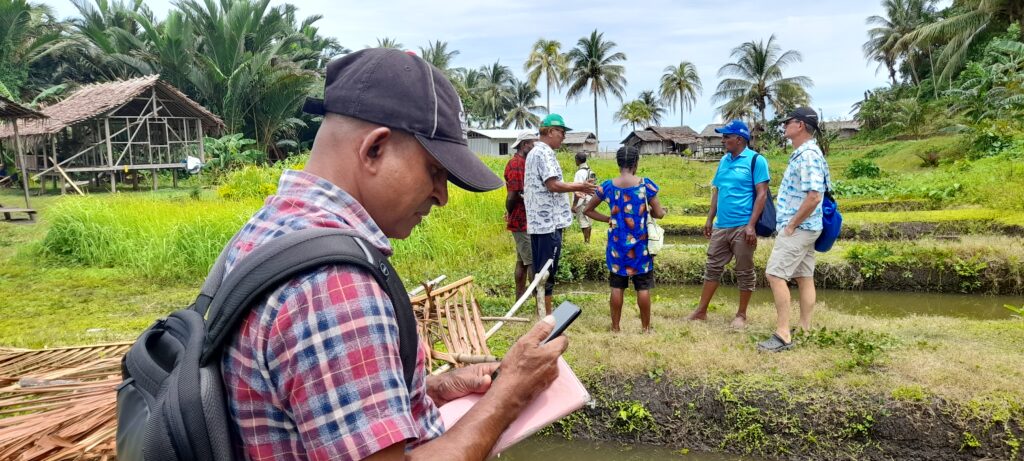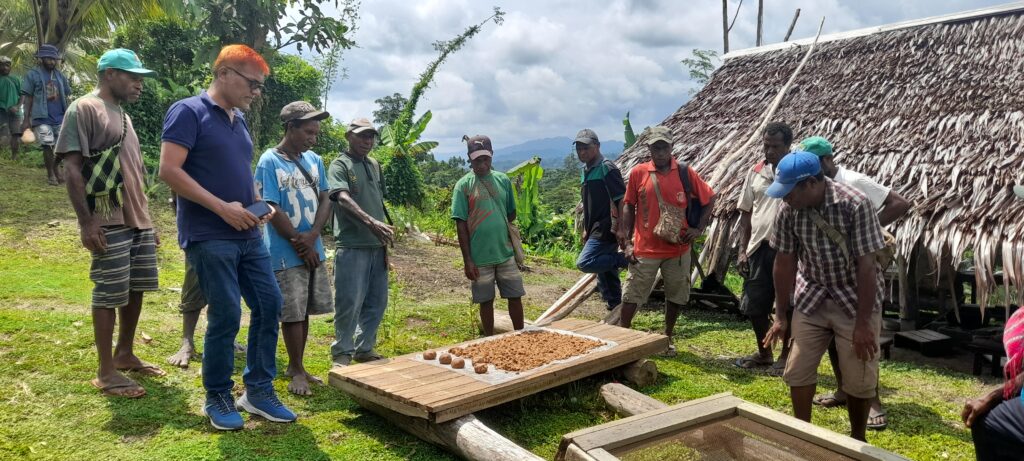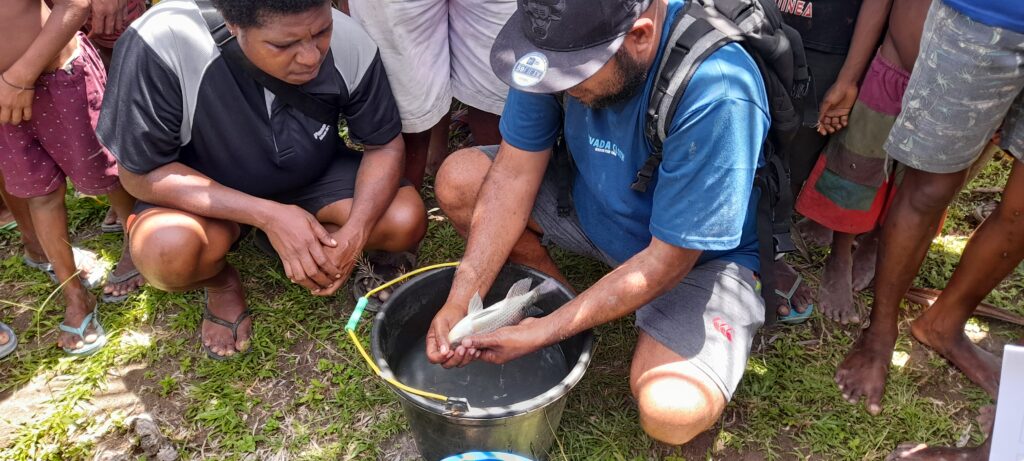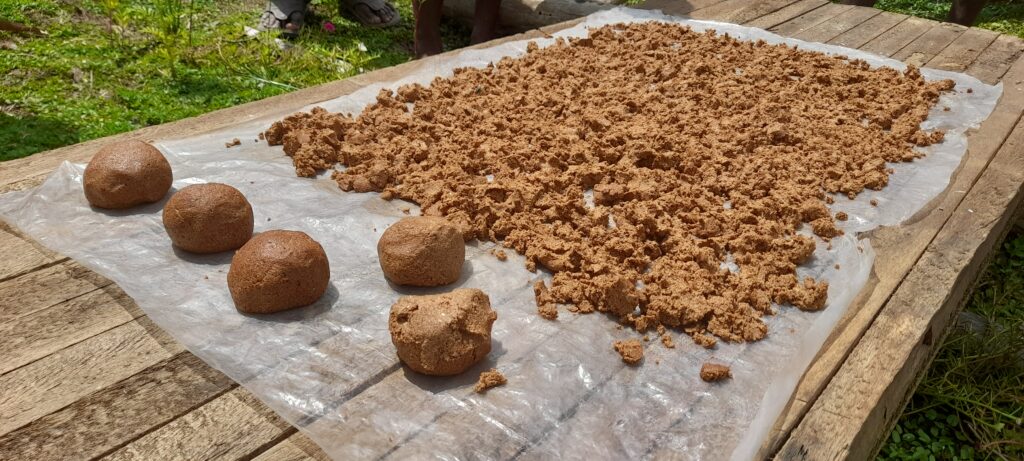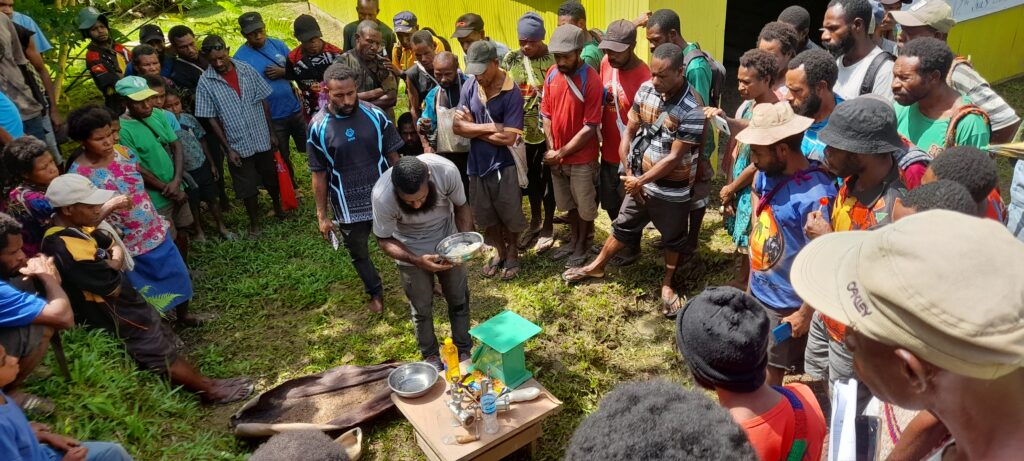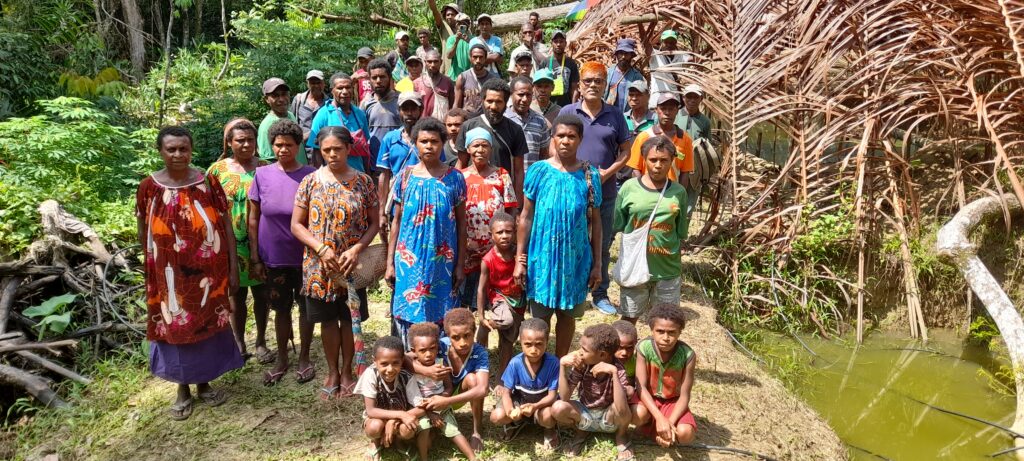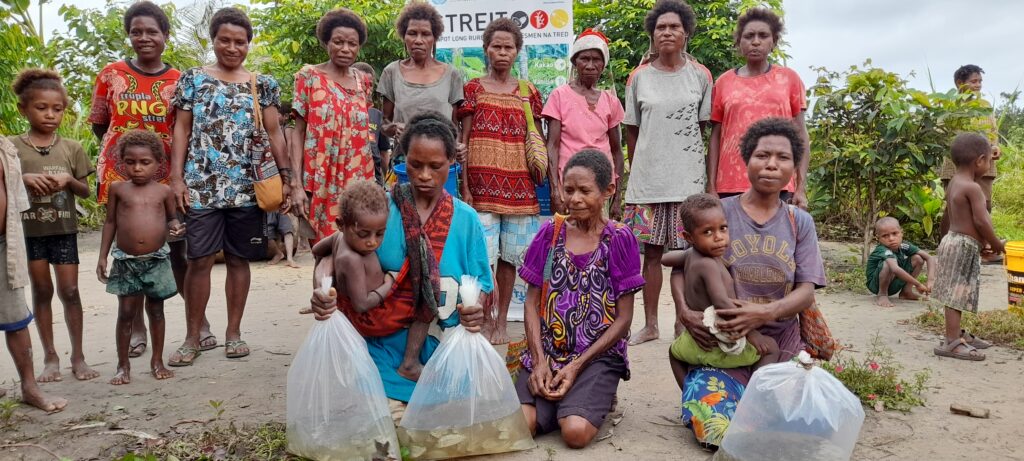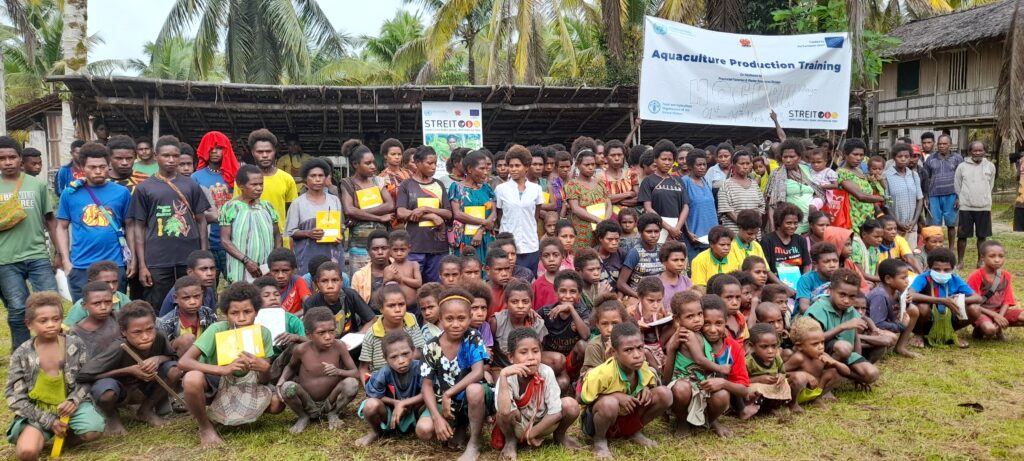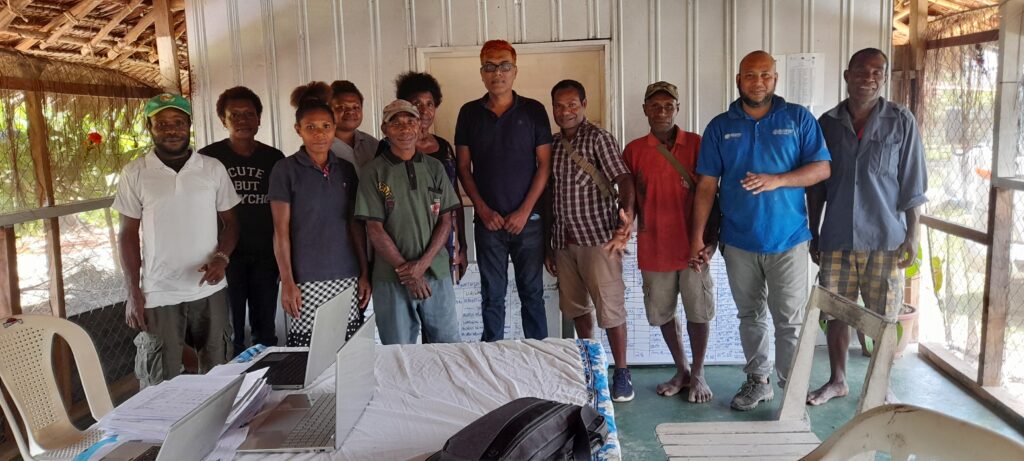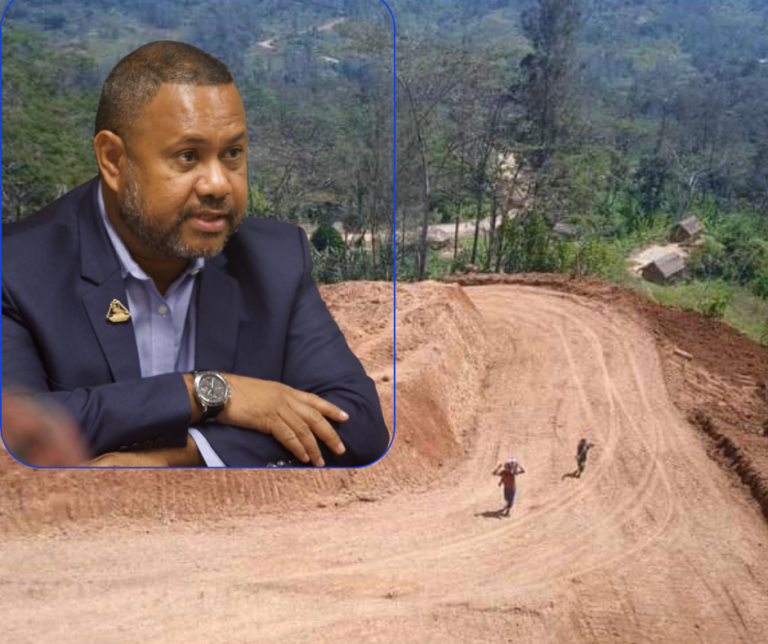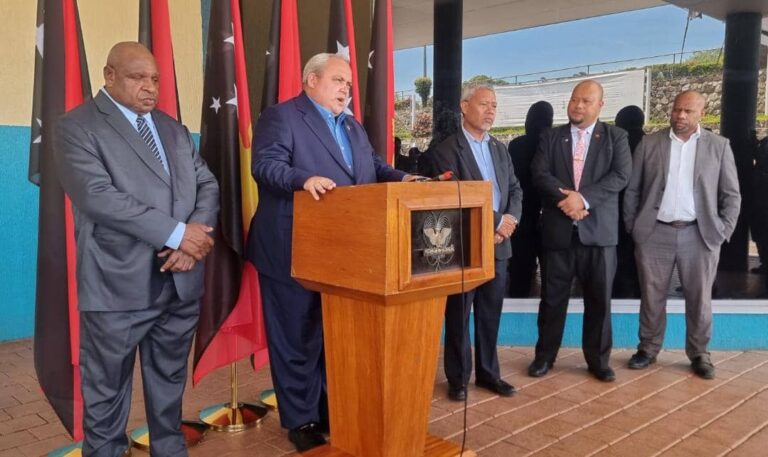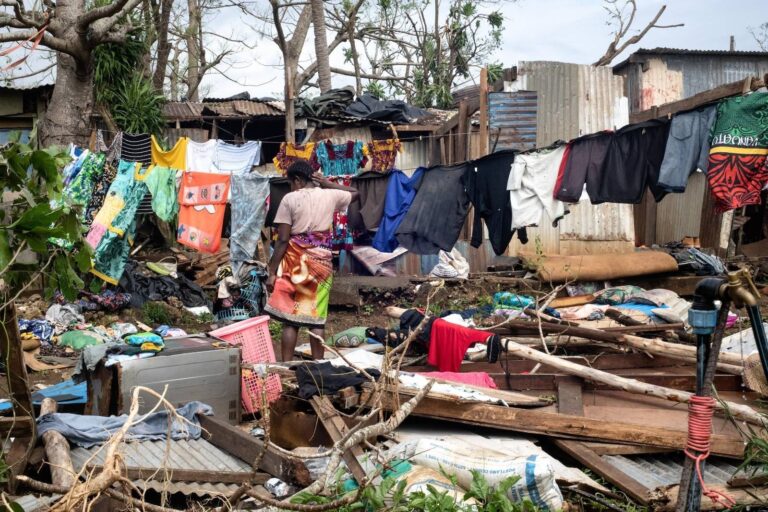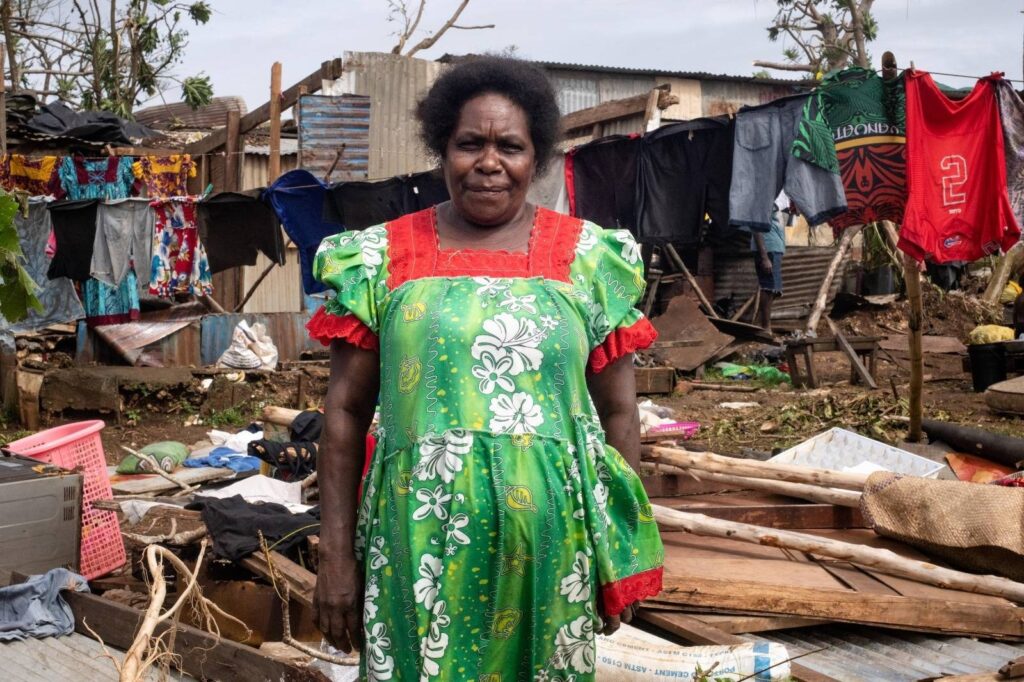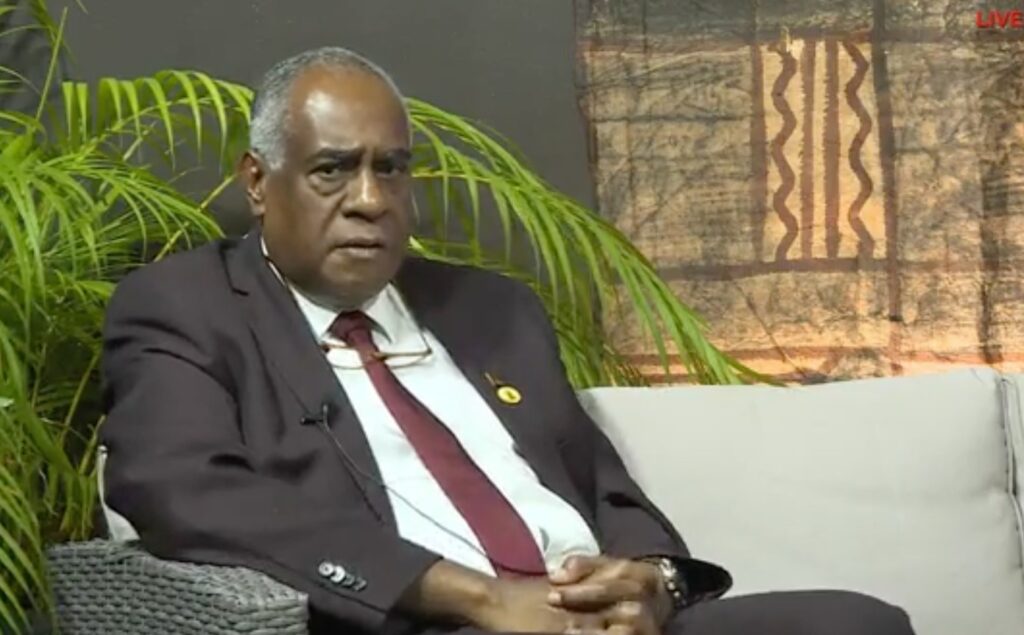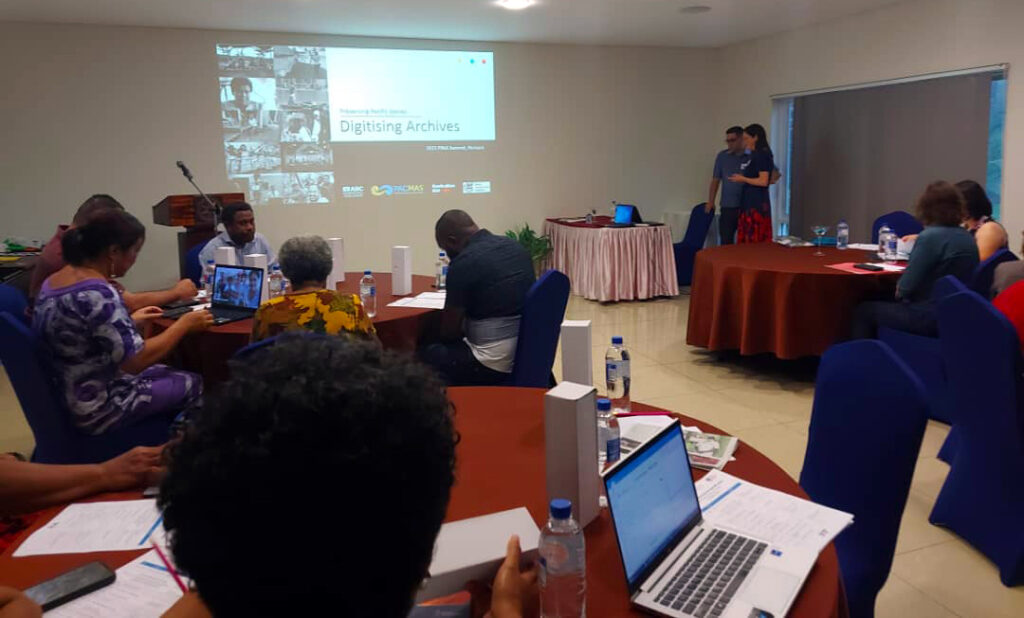A significant breakthrough has been reached in the long-standing probe into the controversial 2014 state loan from the Union Bank of Switzerland (UBS). The Royal Papua New Guinea Constabulary (RPNGC) is set to issue arrest warrants for a number of individuals implicated in the case, following an exhaustive 18-month investigation spanning multiple jurisdictions, including Papua New Guinea, Singapore, and Australia.
The charges are a direct result of the work of the Proceeds of Crime Task Force, a special unit established by the RPNGC to investigate the UBS loan.
“The charges that are about to be laid are covered by the Criminal Code Act and the Proceeds of Crime Act,” said Commissioner of Police, David Manning. The alleged offences are described as “extremely serious”, depriving Papua New Guinea citizens of substantial public funds.
Former Prime Minister, Peter O’Neill was arrested following the Inquiry into the UBS loan in June on allegations of giving false information during the inquiry.
InsidePNG has reached out to Peter O’Neill who said he will not comment as the case is before the court.
In a stern warning, Commissioner Manning stated that any attempts to spark social unrest in response to these arrests would be met with swift and resolute action, potentially leading to additional charges. He called on the public to act responsibly and be prepared for potential disturbances.
He also emphasised that those charged would have their day in court, allowing justice to take its course. “Individuals charged will have the opportunity to defend themselves in court as part of due process,” Manning said.
The individuals involved in the UBS loan scandal stand accused of a massive breach of public trust and abuse of government office. “No one is above or beyond the reach of the law,” the Commissioner declared, adding that the police will “fearlessly execute their constitutional duties in the service of our country.”
The Proceeds of Crime Task Force, made up of members of the Fraud Squad, forensic auditors, and other specialist experts, has been instrumental in uncovering the alleged offences.
The upcoming arrests follow the completion of the ‘Royal Commission of Inquiry into processes and procedures followed by the Government of Papua New Guinea in obtaining the offshore loan from the Union Bank of Switzerland and related transactions,’ which concluded in March 2022 with a final report.


